Spiders… Cockroaches… Beetles & Bugs
Spiders, cockroaches, beetles and bugs can give even the toughest person a bit of a shock.
I am a massive insect lover, but I can get spooked sometimes.
One night, I crawled into bed.
Closed the mosquito net and snuggled down under the covers.
I pulled out my book and adjusted the nightlight so I could read for a bit.
Then I saw it laying right there on the pillow next to me…
I big, glossy, brown cockroach!
I yelped and leapt out of bed.
Once it was safely outside, I returned to my bed… gingerly checking for any more of them.
Yuk!
So many of our insects are considered “pests.”
What Are Pests Really?
Reality is, that a “pest” is something in the wrong place at the wrong time.
A lot of the time, pests are due to human behaviour.
Such as an introduced species with no natural predators; or planting fields of the same plant, with no natural controls
How Do We Manage Pests?
There has been a plethora of chemical pesticides (and herbicides) used by people since World War II, many of which have not been tested adequately.
Bear in mind, too, that testing is based on LD50 (lethal dose 50).
LD50 is a very cruel method that science uses. It means that the dosage of what is being tested is increased until 50% of the animals it is being tested on die.
Then remaining animals are “terminated,” thereby eradicating information about longer-term effects.
Most people are aware of what happened with DDT, and glyphosate seems to be a modern version of this.
Glyphosate is extensively used in Australia and annihilates microorganisms in soil, increasing risk of diseases; reduces root growth and worms, which obviously detrimentally affects nutrient-uptake; and is not biodegradable (Blazey, 2012, 18-19).
You can read more about glyphosate in an article by Dr Stephanie Seneff here.
Controlling Pests In The Home Can Be Simple And Safe
I always recommend these steps for ANY pest:
Let’s Look at Spiders…

Spiders love to eat insects.
Sometimes having them around can actually be a blessing as some they eat other spiders too; as well as mosquitoes, cockroaches, earwigs, moths and flies.
To manage spiders, we are going to look at a three-pronged approach:
- Prevention
- Management
- Deterring
Prevention
Prevent spiders from entering your home:
- Seal gaps and cracks around windows and the foundations of your home
- Caulk around where pipes and cables enter your home
- Install a weather guard at the base of external doors

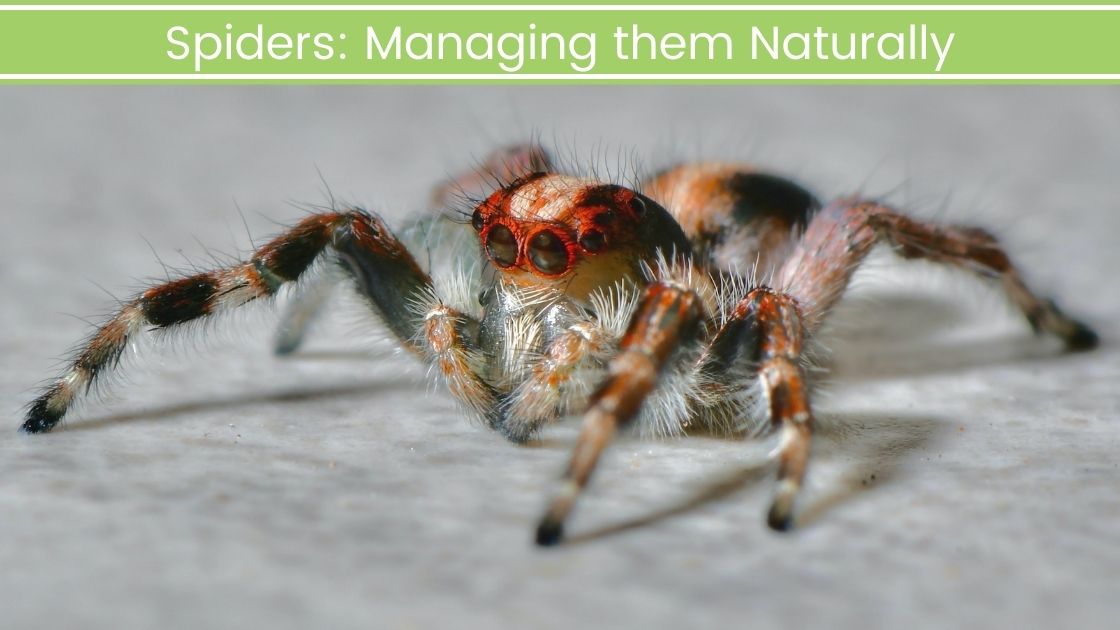
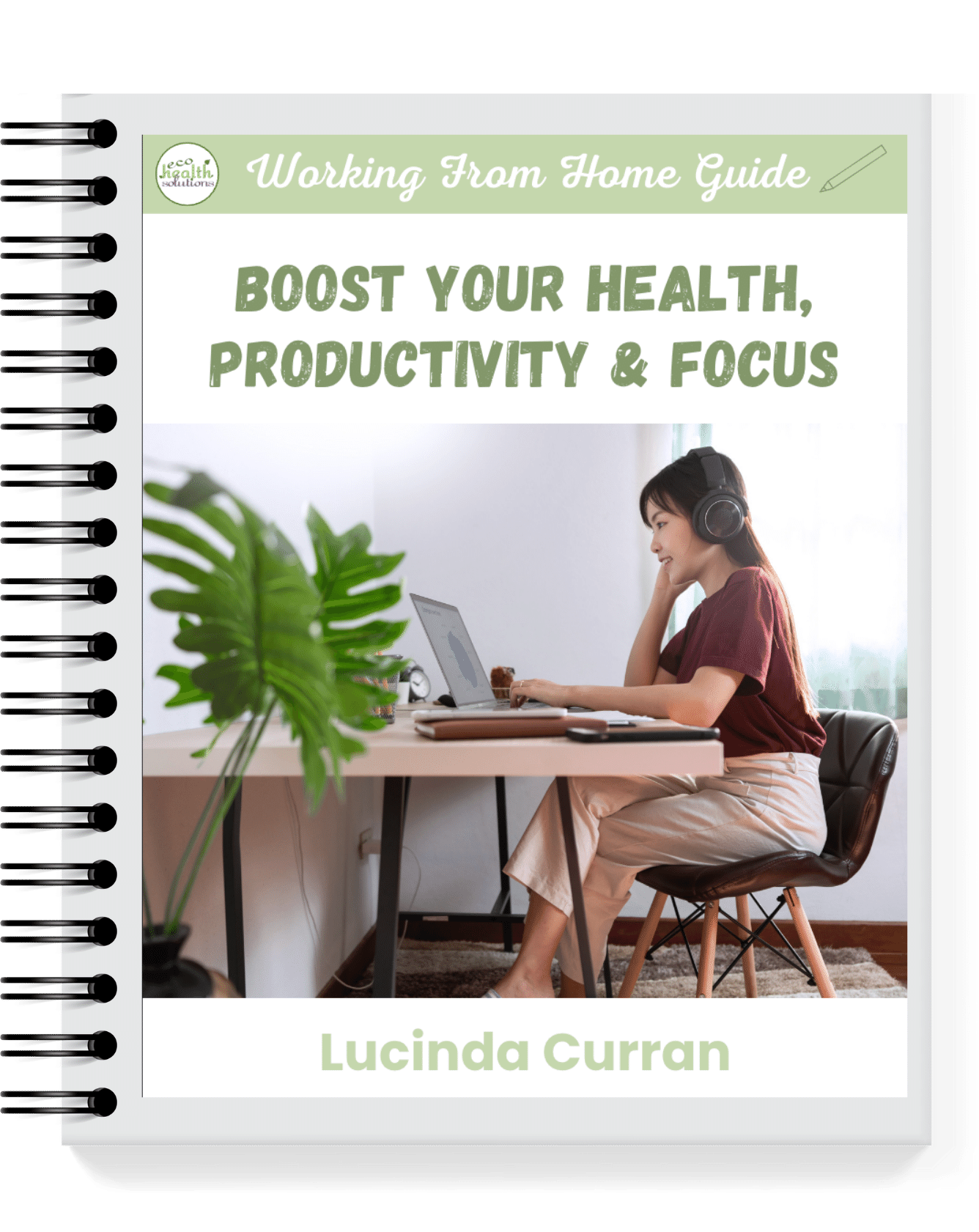
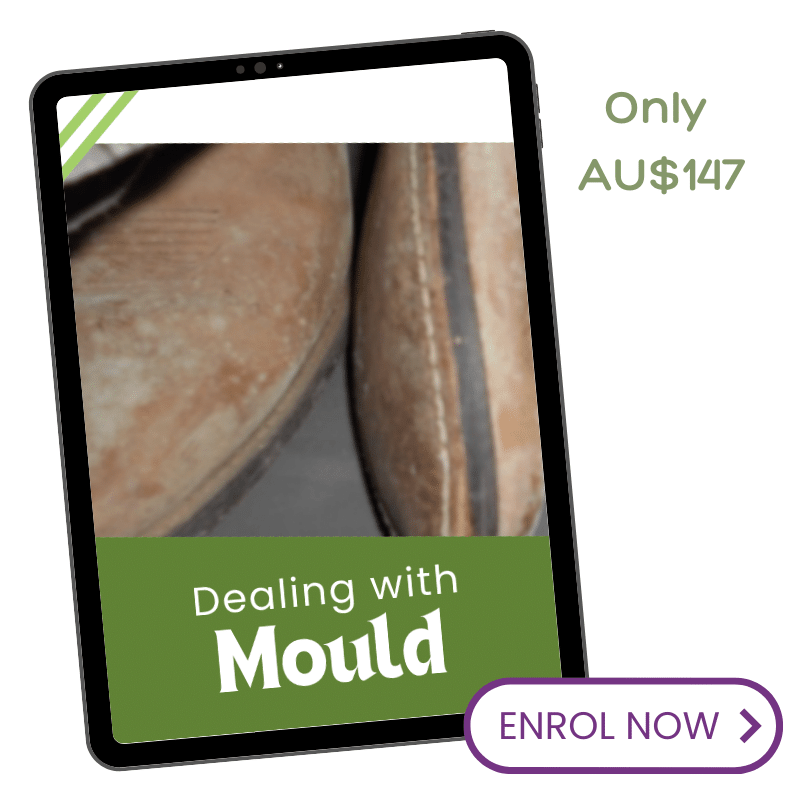
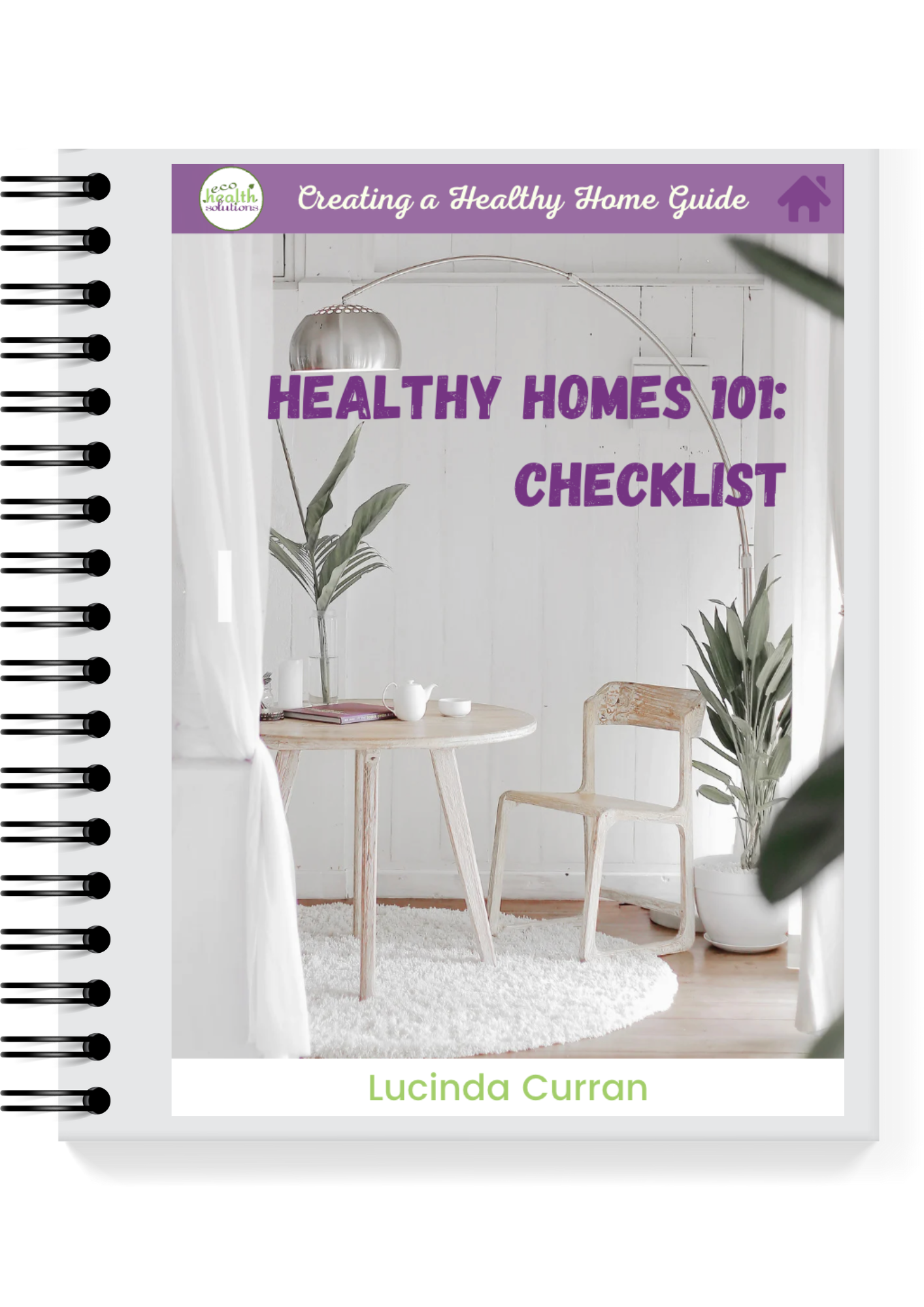

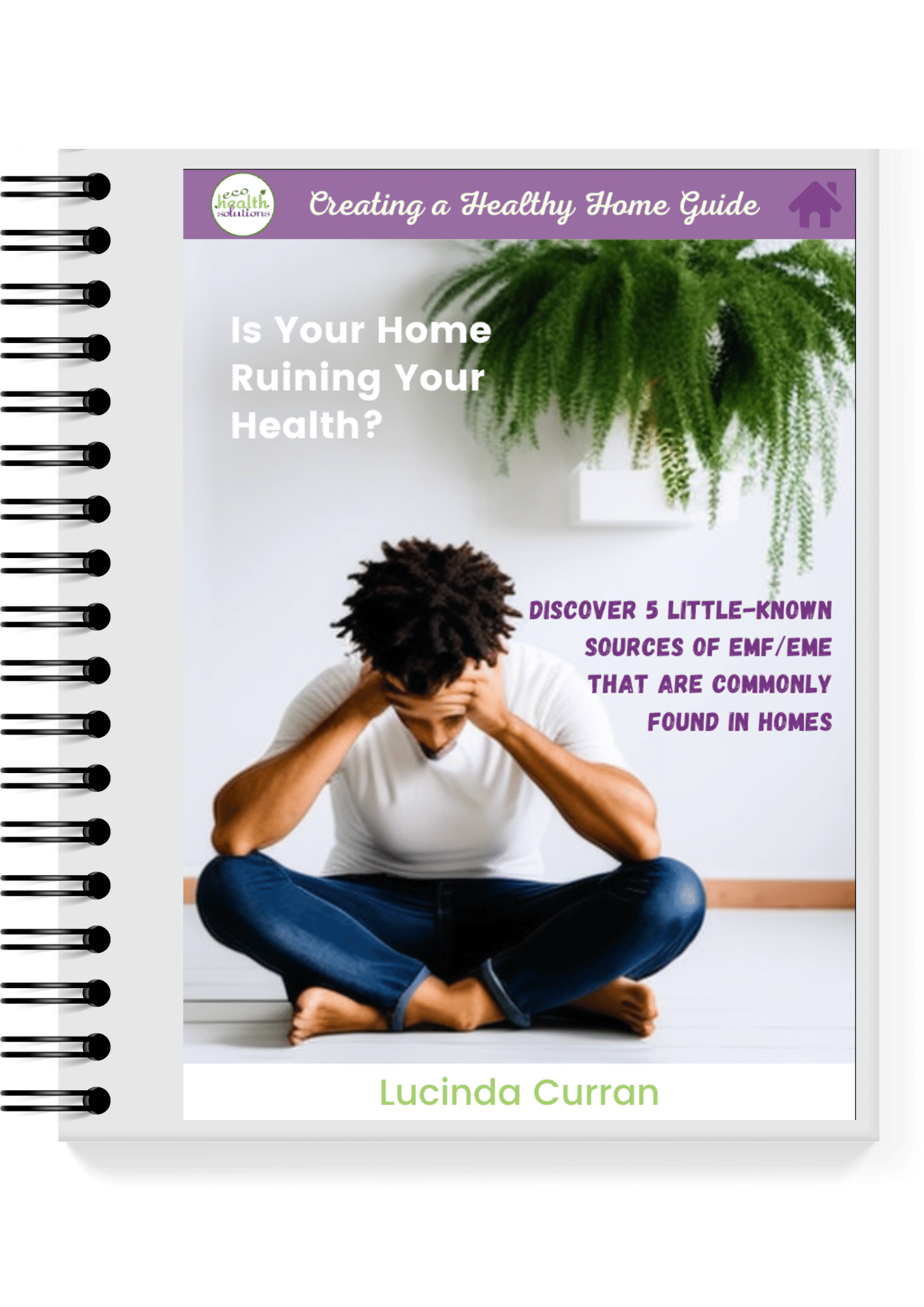


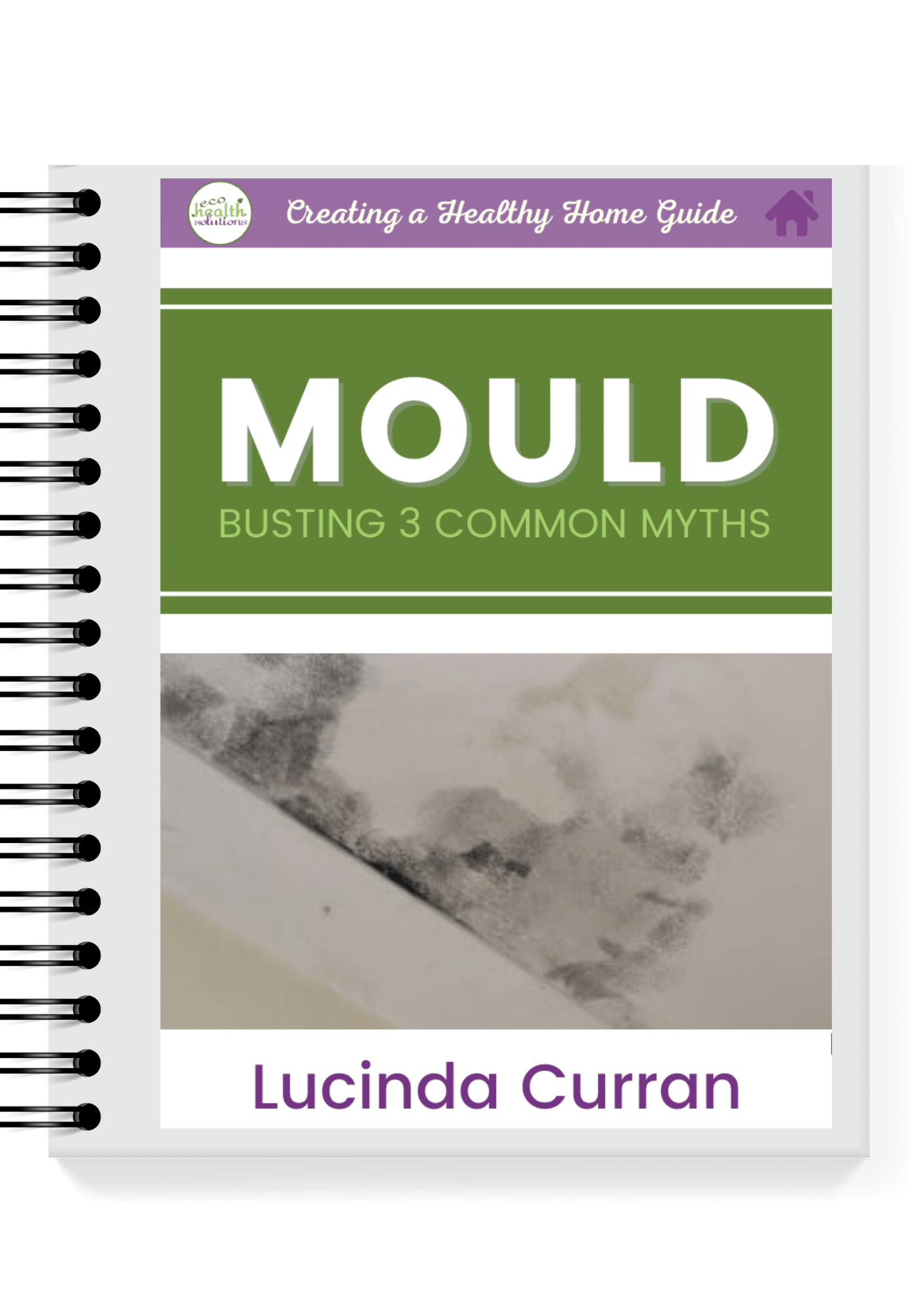

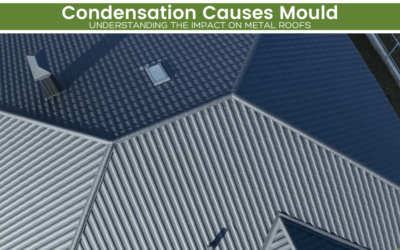

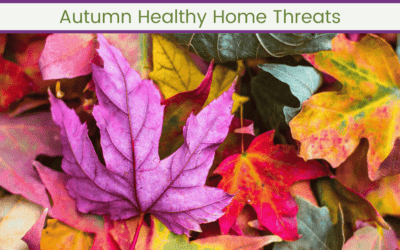
0 Comments